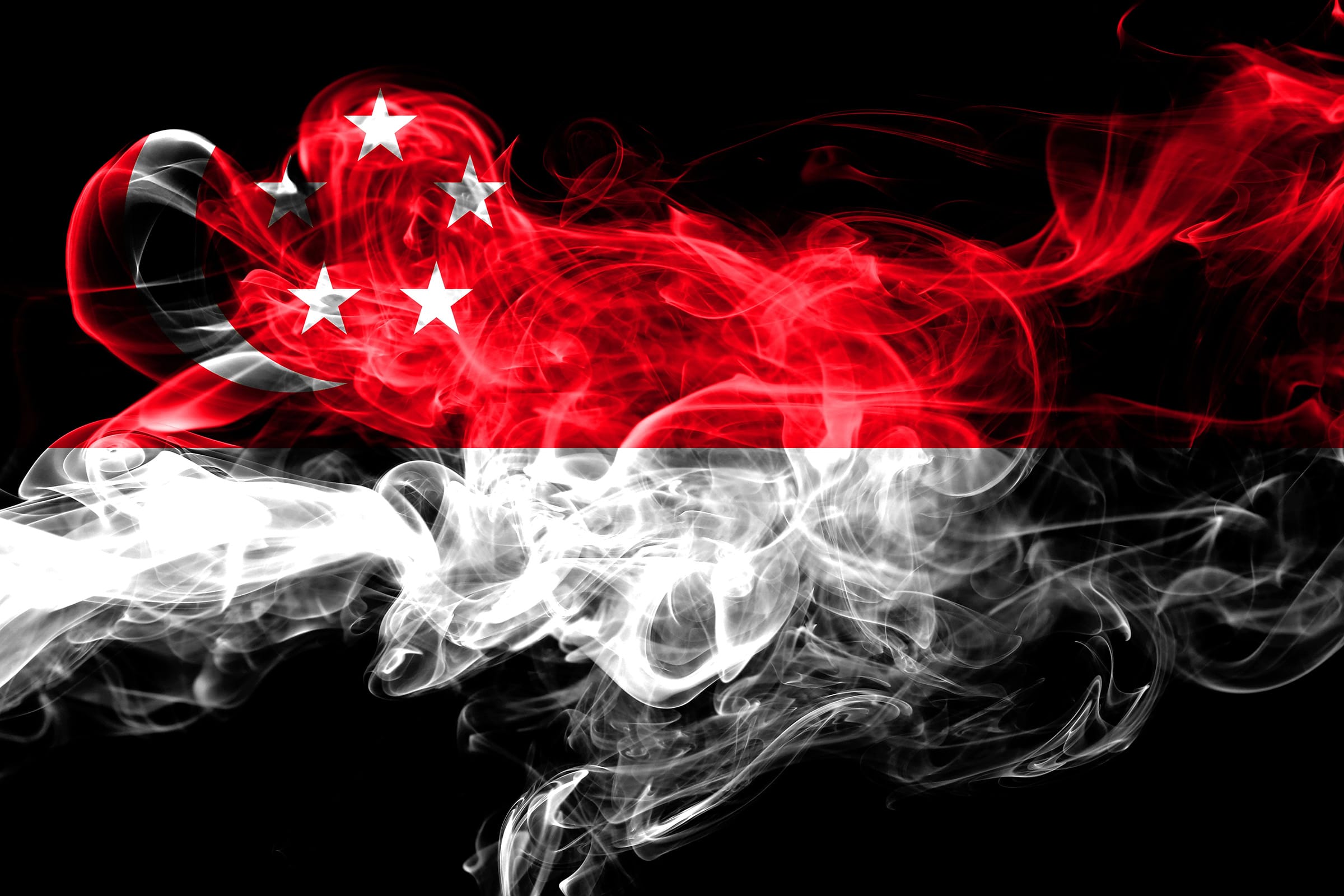Some people in Singapore have tried to argue, in the recent spat between MHA and Richard Branson over drug policy, that bringing up British mid-19th century Opium Wars in China is somehow not relevant to Singapore and out of place in the exchange.
I beg to differ.
It may seem that the affair is almost two centuries old right now but the fact is that it had a lasting impact not only on China but all countries with a significant Chinese diaspora way into the 20th century.
British intent on offloading huge output of opiates from India created a widespread opium smoking culture in China which then traveled with immigrants out of the Middle Kingdom to the rest of the world - including Singapore.
In fact, in many ways early Singapore was built on opium trade.
From 1825 to 1910, the annual revenue from opium accounted for an average of 30 to 55 percent of the total. In another report, the percentage of revenue derived from opium of the total revenue from the colony of the Straits Settlements in the years 1898 to 1906 was between 43.3 and 59.1 percent.
In other words, just a little over a century Singapore was primarily a major drug trading hub.
And trade brought use and vices with itself too. Opium dens were filled with emaciated Chinese labourers, finding relaxation (and, ultimately, untimely death) in the poppy smoke - while filling pockets of organized crime and its wealthy traders.
It wasn't until 1946 that opium was finally banned by the British administration but the lingering effect of addiction was felt for decades ahead. The first rehabilitation centre was founded in 1955 but while the problem of opium began waning (although consumption was still practiced clandestinely) the counterculture movement of the 1960s brought it back in a new form - heroin.
It was in this backdrop that Singapore introduced harsh penalties and capital punishment for drug trafficking in the mid-1970s, fighting an abuse epidemic that afflicted about 1 in 30 young Singaporean men (under the age of 24).
The results were, fortunately, very quick and the addiction epidemic was brought under control by the end of the 70s.
So, when a British billionaire wants to grandstand and lecture Singapore on how to deal with drug abuse, I think it's not out of place to remind him that his own country doesn't have a great track record in telling other nations what to do and has contributed to the drug abuse problem driven by greed.
Last I read around 4,500-5,000 people die in Britain yearly due to drug abuse - what has Richard Branson done about that? That's at least a dozen people EVERY SINGLE DAY.
And yet he dares to castigate Singapore for executing drug traffickers?
Perhaps it makes him uncomfortable, as the British were some of the biggest ones not so long ago.





